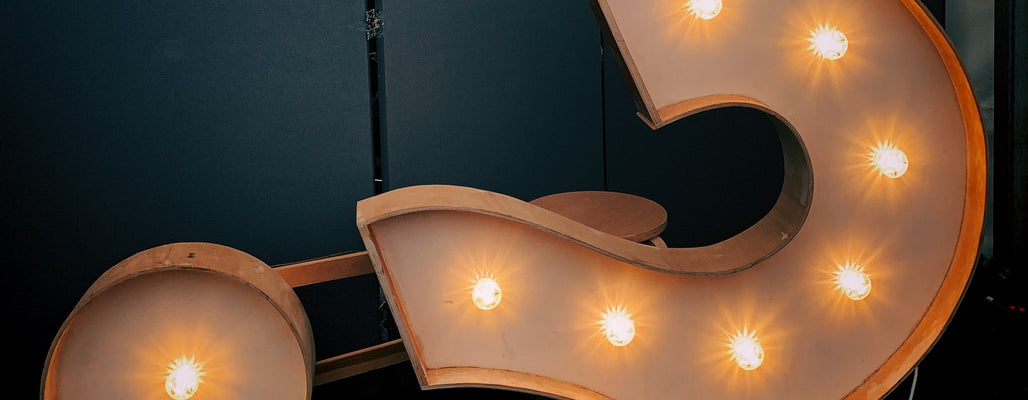
We wanted to take a minute and cover some of the most frequently asked questions we get at Botanie Soap. The following answers the top 4 question about our soap and soap process.
How do you scent your soap?
Unlike nearly all other beauty products on the market, Botanie uses only essential oils to scent our soaps. Essential oils are pure plant extracts – tiny molecules of oil that are evaporated out of the raw plant material.
Essential oils are not perfumes, fragrance oils, or so-called “natural oils” – those and other products are actually synthetic fragrances created in a laboratory from industrial chemicals. Synthetic fragrances are one of the top 5 allergens in the world, causing asthma attacks and severe allergic reactions in some consumers. Beyond allergies, the long-term health effects of some of the undisclosed ingredients in synthetic scents is in question.
You can read a summary of the issues with synthetic fragrances here, and a more in-depth analysis of some of the ingredients in synthetic fragrances from the National Institute for Health here.
Why don’t you use olive oil?
Olive oil is extremely expensive, and we have a perfect substitute – sunflower oil. Olive oil and sunflower oil have the same saponification value in soap – meaning that when they come in contact with lye, they behave identically. If you were eating the sunflower oil and the olive oil, you might notice a difference in flavor, but as they are transformed into soap, their fat molecules behave the same way and produce the same end result in the soap. More about this question on our FAQ Page.
What IS cold-process soap? (Or…how do you make your soap? )
First, a brief summary of what cold-processed soaps means:
Centuries ago, soap makers used animal fats and wood ash to create the first soap. Today, Botanie uses organic vegetable oils and a purer sodium hydroxide salt, known as lye. We do not use external heat sources during the creation of our soap, nor do we add detergents as many commercial soap makers do.
Cold-process soap is created through the relatively slow process of saponification of oils using lye. Botanie begins with a proprietary blend of organic palm, coconut, safflower and sunflower oils, and mixes them with a solution of lye and water. The lye is a strong base, and recombines with the oil molecules to create fatty acid salts (soap) and glycerin.
At the end of the process, which takes several days, the lye and oils have been completely transformed into soap and glycerin. Many companies extract their glycerin and re-sell it, but we leave it in the soap for its moisturizing properties.
Botanie also practices “superfatting” with our soap – meaning we use recipes that call for 4-5% MORE oils than are necessary to react with the lye, to ensure that all the lye is used up, and that the pH is favorable for skin.
Wikipedia has an article on soap, and under “Traditional Soap Making” you will find another description of cold-process. Here is that link: https://en.wikipedia.org/wiki/Soap.
Your Soap is 85% Organic. What is the other 15%?
The other 15% accounts for the lye that was added in the whole process. Even though the final product does not contain lye (the chemical reaction takes care of that), the USDA guidelines require that it be accounted for. This is the reason it is impossible to create 100% Organic soap.
We hope this has taken care of some of those questions you may have had concerning our soap, and if any other questions come up, please feel free to post them in the comments section.
